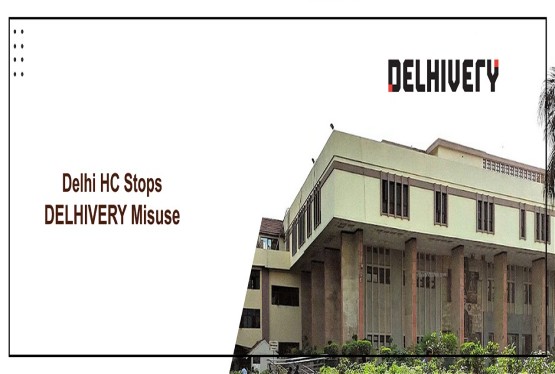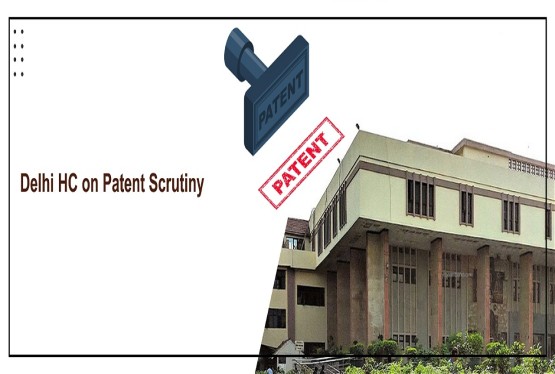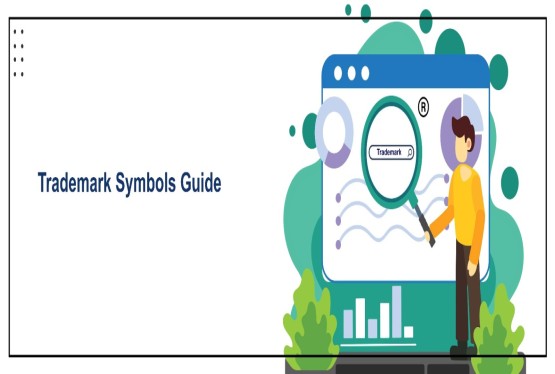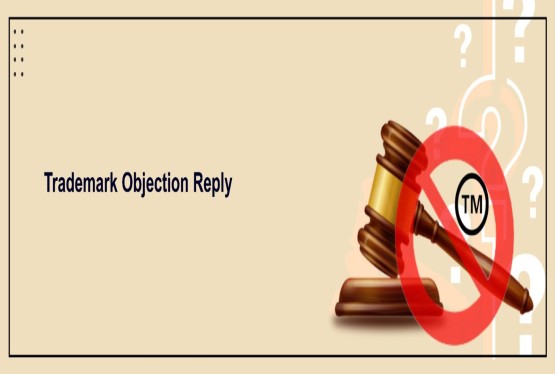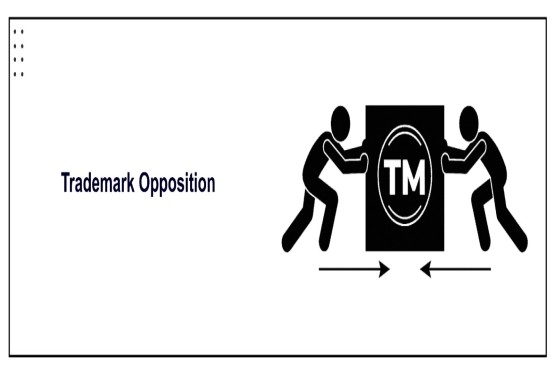In the recent case, the Bollywood producer Firoz A. Nadiadwala has locked horns with Netflix and The Great Indian Kapil Show over the use of a much-loved character from the film Hera Pheri (2000). The dispute centers on Baburao Ganpatrao Apte, the hilarious role played by Paresh Rawal that has become a cult favorite. Nadiadwala, who owns the rights to the Hera Pheri franchise, has slapped a Rs.25 crore legal notice on the show. His allegation is that comedian Kiku Sharda mimicked Baburao in a promo without permission. According to him, “Baburao” is a registered trademark of the Nadiadwala family and using it without authorization amounts to copyright infringement and trademark violation. The case has quickly sparked debate: Can comedy shows recreate famous film characters in the name of humor? And does Indian law accept parody as a valid defense against such claims?
The details of the case
Here is what is publicly reported about producer Firoz A. Nadiadwala’s action over the Baburao Apte act on Netflix’s The Great Indian Kapil Show:
-
What happened & when: Around Sept 19–21, 2025, after a promo where Kiku Sharda mimicked Baburao Ganpatrao Apte (Paresh Rawal’s character from Hera Pheri), Nadiadwala sent a Rs.25-crore legal notice to Netflix and the show’s makers. The promo was tied to the season finale featuring Akshay Kumar.
-
Allegations:
-
Copyright infringement for unauthorized use/communication to the public of a protected character and associated work (reports cite Sections 14 & 51, Copyright Act 1957).
-
Trademark infringement under Section 29, Trademarks Act, with the claim that “Baburao” is a registered trademark of the Nadiadwala family.
-
Demands in the notice: Removal of the sketch from all platforms, a written apology/undertaking, and Rs.25 crore in damages. Some reports add a short compliance window to the notice.
-
Status (as of Sept 24, 2025): Media reports consistently describe it as a legal notice (pre-suit stage); some headlines loosely say “sues,” but detailed copy indicates notice served rather than a filed court case. No publicly confirmed court filing or interim injunction order has been reported yet.
-
Platforms & parties named: Netflix (platform) and the makers of The Great Indian Kapil Show; the act was performed by Kiku Sharda.
Why this matters legally (quick context): In India, fictional characters can be protected both by copyright (as literary/dramatic works or as part of cinematograph films) and by trademark when registered for merchandising/brand identity. Parody is not a blanket defense like in some jurisdictions; it’s assessed under India’s limited “fair dealing” exceptions. (This is general context; the specific case will turn on facts and registrations.)
Final Words
This case shows how tricky it can be to balance creativity and legal rights. While comedy thrives on imitation and parody, intellectual property laws protect the hard work behind iconic characters. The outcome will likely shape how far shows and creators in India can go when using popular film characters for humor without crossing into copyright or trademark infringement.
FAQs
Q1. Who filed the case regarding the use of Baburao Apte’s character?
Ans. The legal notice was filed by Bollywood producer Firoz A. Nadiadwala, the rights holder of the Hera Pheri franchise, against Netflix and the makers of The Great Indian Kapil Show.
Q2. What is the main allegation in this case?
Ans. The allegation is that the comedy sketch mimicking Baburao Apte without permission amounts to copyright infringement and trademark violation, since “Baburao” is claimed to be a registered trademark of the producer’s family.
Q3. Who performed the controversial act in the show?
Ans. Comedian Kiku Sharda performed the Baburao-style act during a promo of the show’s season finale, featuring actor Akshay Kumar.
Q4. What legal provisions are involved?
Ans. The claims are based on Section 14 & 51 of the Copyright Act, 1957 (exclusive rights and infringement) and Section 29 of the Trademarks Act, 1999 (unauthorized use of a registered trademark).
Q5. What is the demand made by Firoz Nadiadwala?
Ans. The notice seeks removal of the sketch, a public apology/undertaking, and Rs.25 crore in damage from Netflix and the show’s makers.






























_(b)_of_the_Trademark_Act,_1999_(1)_crop10_thumb.jpg)



_crop10_thumb.jpg)




























_crop10_thumb.jpg)
_crop10_thumb.jpg)






_crop10_thumb.jpg)








_crop10_thumb.jpg)



_crop10_thumb.jpg)





























_crop10_thumb.jpg)

















_crop10_thumb.jpg)






_crop10_thumb.jpg)












































































































































_crop10_thumb.jpg)




































_crop10_thumb.jpg)












_crop10_thumb.jpg)















































_crop10_thumb.jpg)

































































































